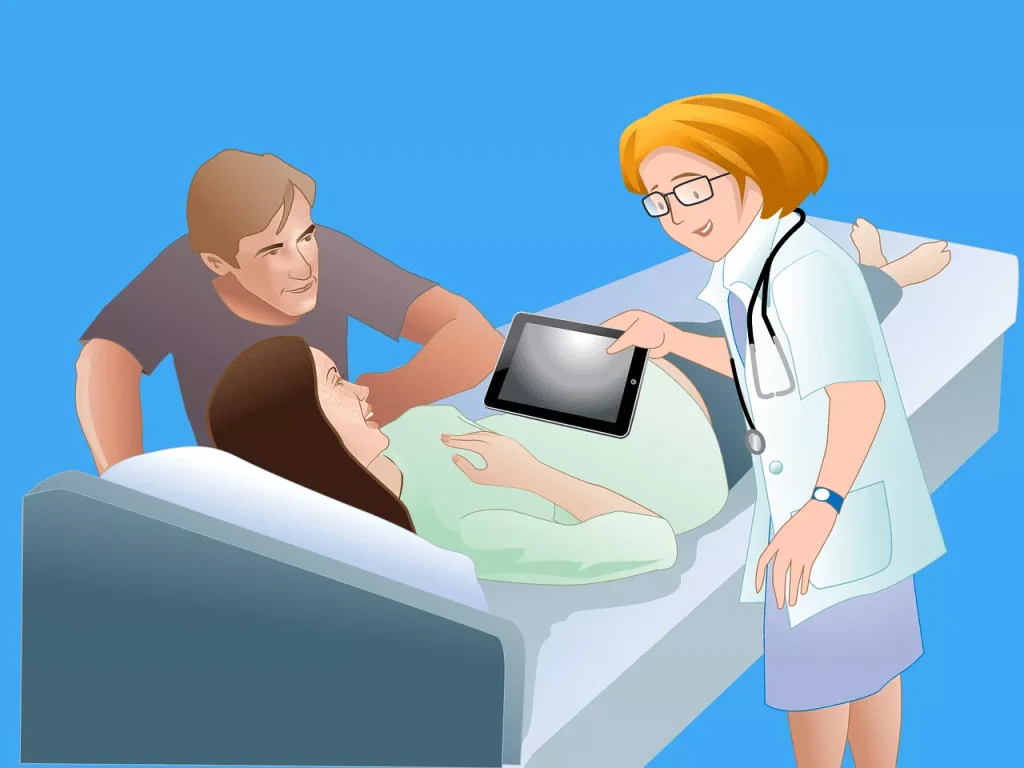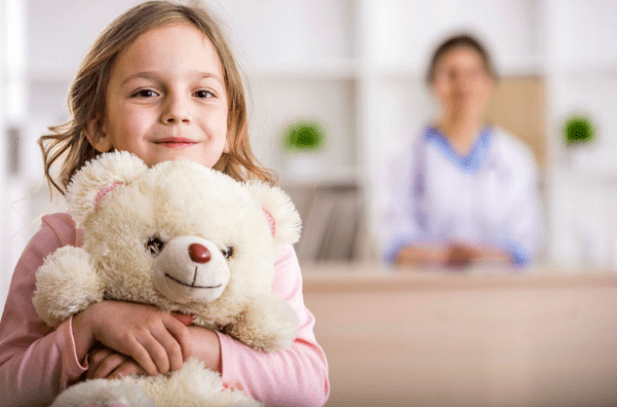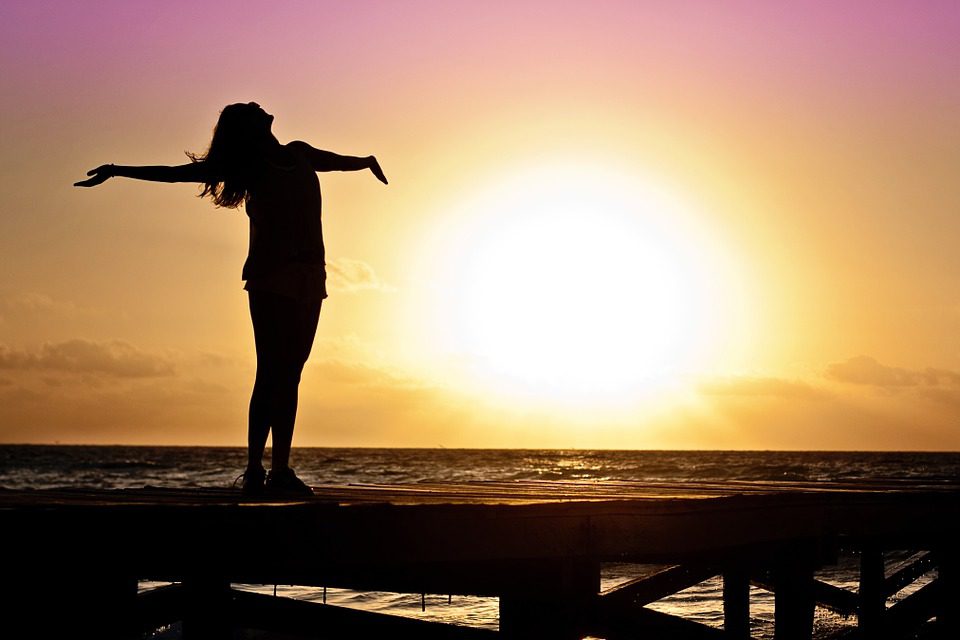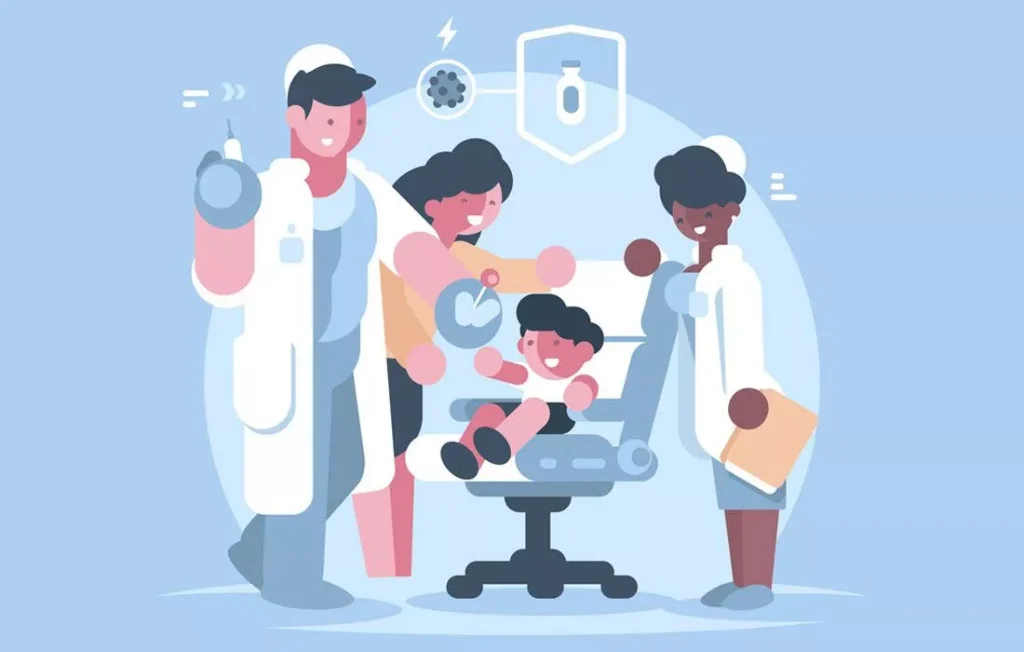Before prevention, Guidelines You Must Know About Corona virus
What is Coronavirus infection?
Coronavirus can cause various diseases in humans ranging from the common cold to severe acute respiratory syndrome. COVID-19 is a new type of coronavirus that has been identified in humans for the first time.
When to Consult a Doctor?
If you have a fever, respiratory symptoms like cough, difficulty breathing with or without a runny nose, a sore throat and history of contact with a confirmed case of COVID-19, or recent return from a foreign trip you may call your doctor.
Guidelines You Must Know About Coronavirus
General Guidelines
It is a respiratory disease, so the protection guidelines you must know about coronavirus are the same as for other respiratory diseases:
- Avoid contact with people including handshakes and kissing.
- Self-isolate at home when you are ill.
- Avoid touching your face and mouth.
- Wash/disinfect your hands regularly for at least 20secs each time.
- Sneeze or cough in your elbow, not palms, if with a tissue and discard after a single use and disinfect your hand.
- Wear a surgical face mask if unwell with a cold and in close contact with people especially if you are coughing/sneezing.
- The flu season is almost at hand, it is advisable to take a flu vaccine when available.
Should you use a face mask?
If you are healthy, you don’t need to wear a facemask unless you are in the same room with an infected person you are taking care of. But, you should follow general measures like avoiding exposure, handwashing, maintenance of general hygiene/as well as keeping a safe distance to reduce transmission of disease. If you are sick and have symptoms of the disease then you should wear facemasks.
A Person with a Travel History
If you have just returned from a foreign trip, by law you are to self-isolate compulsorily for 14 days to curb the spread of COVID-19 as declared by the state government.
It is your duty to play your role in preventing the spread of disease to other people. If you develop COVID-19 symptoms during this time, notify the health authorities (please replace this with the COVID-19 patient hotline or link to the DHS Victoria COVID-19 advisory) and get medical help.
Pregnant women and Newborn
We all know a person with weak immunity is more likely to develop complications. Physiological and immunological changes occur in women during pregnancy which makes them more prone to develop infections.
There is no evidence at the moment that coronavirus(COVID-19) causes more severe illness in pregnant women. But, other types of coronaviruses cause more severe illness in pregnant women than in people of the general population. So, if you are pregnant, you should follow the general guidelines as stated above to minimize the risk of infection.
Presently people older than 70years of age, aborigines and Torres Strait Islanders older than 50, pregnant women, parents of children below 12 months and people with immunocompromise or being treated for a chronic condition, or if you are in quarantine, you can place a Telehealth consult with your GP/health professional.
School Children
Guidelines School-going Children Must Know About Coronavirus. Children are less affected by complications from COVID-19 infections as compared to adults. The reason is not well known as the immune system undergoes changes with age. It is the responsibility of parents and teachers that they encourage children to follow hygienic measures and seek medical help or call the COVID-19 patient hotline if needed.
If You are planning to travel
Check the travel advisories. Consult your doctor before travelling if you have specific conditions that make you more susceptible to respiratory infections. Older adults and travellers with underlying health issues may be at risk for more severe disease.
It is important you familiarise yourself with the existing laws of your destination country as most countries are edging towards lockdown and compulsory 14 days of quarantine.
Reconsider all non-essential travels.
There is no vaccine for protection against coronavirus infections at the moment and there is no definitive treatment as well. So, the best possible way to prevent yourself from getting the disease is to adopt the preventive guidelines you must know about corona virus and boost your immune system with a healthy lifestyle.






